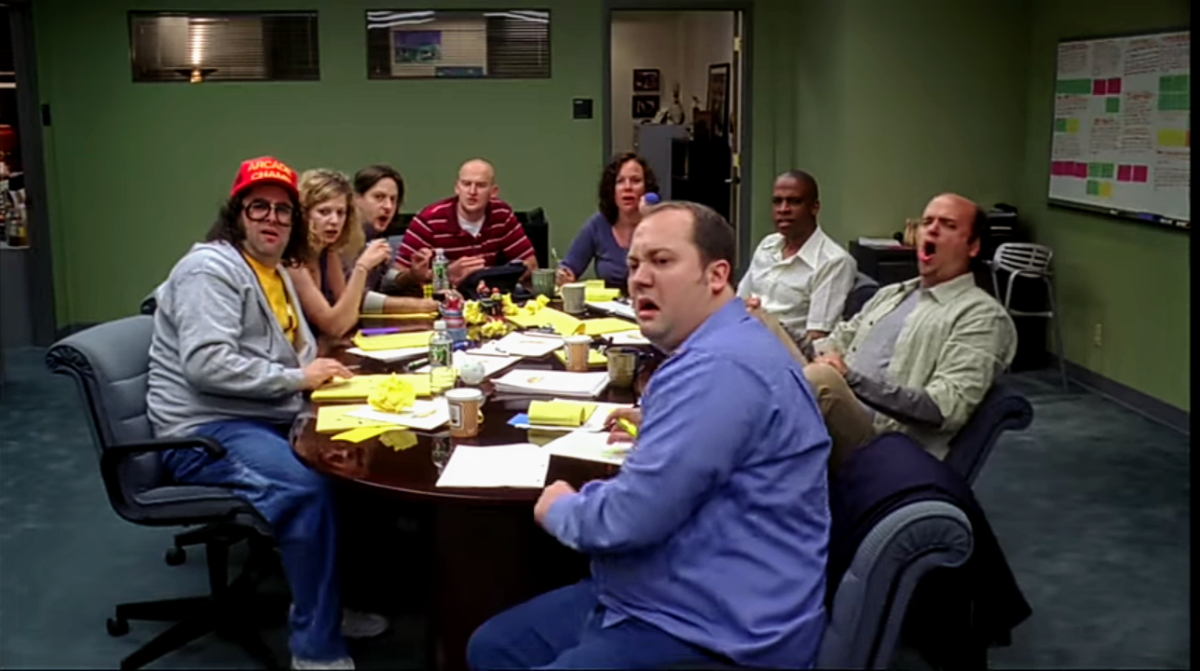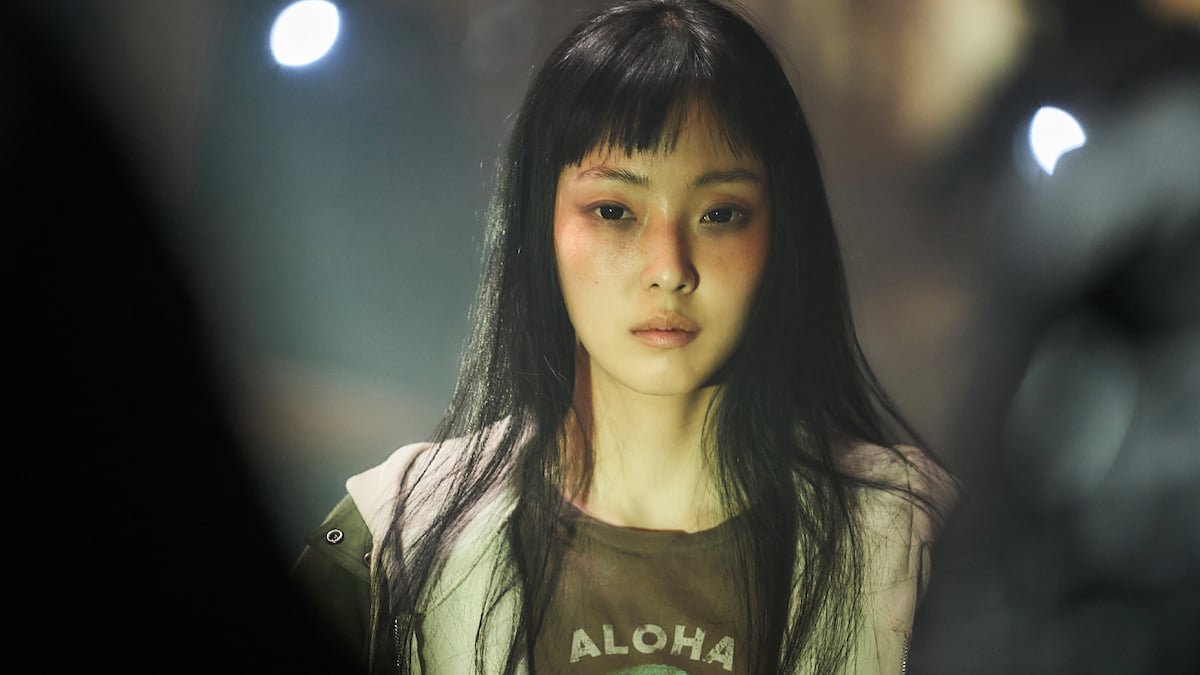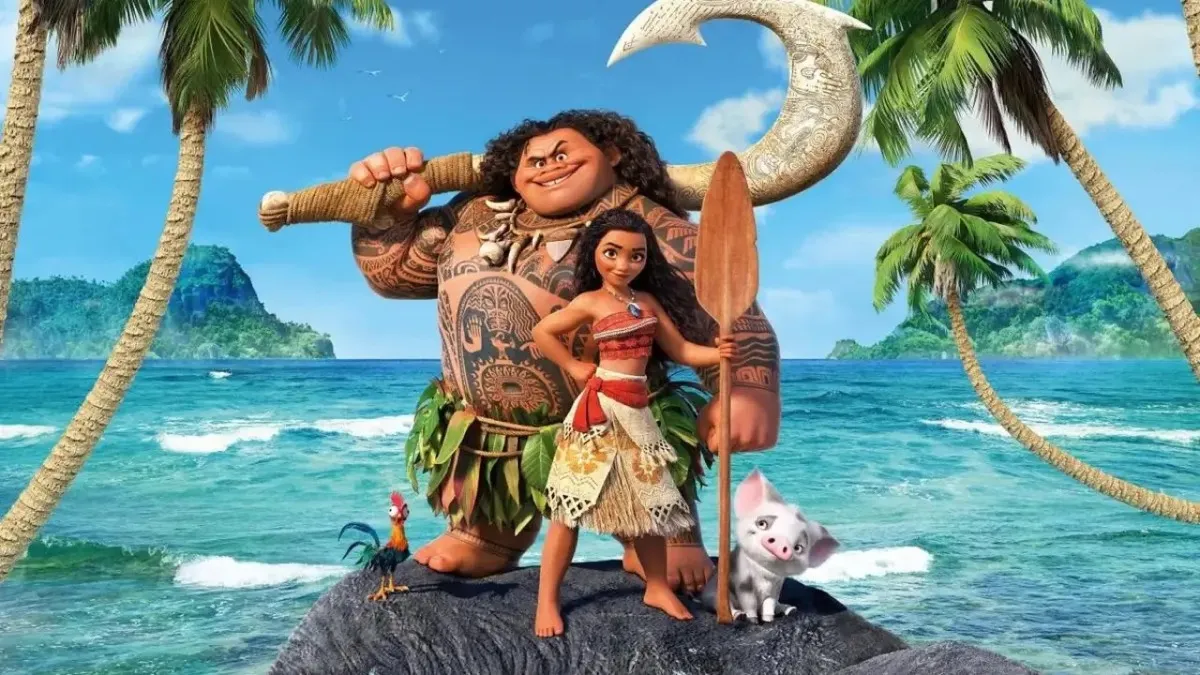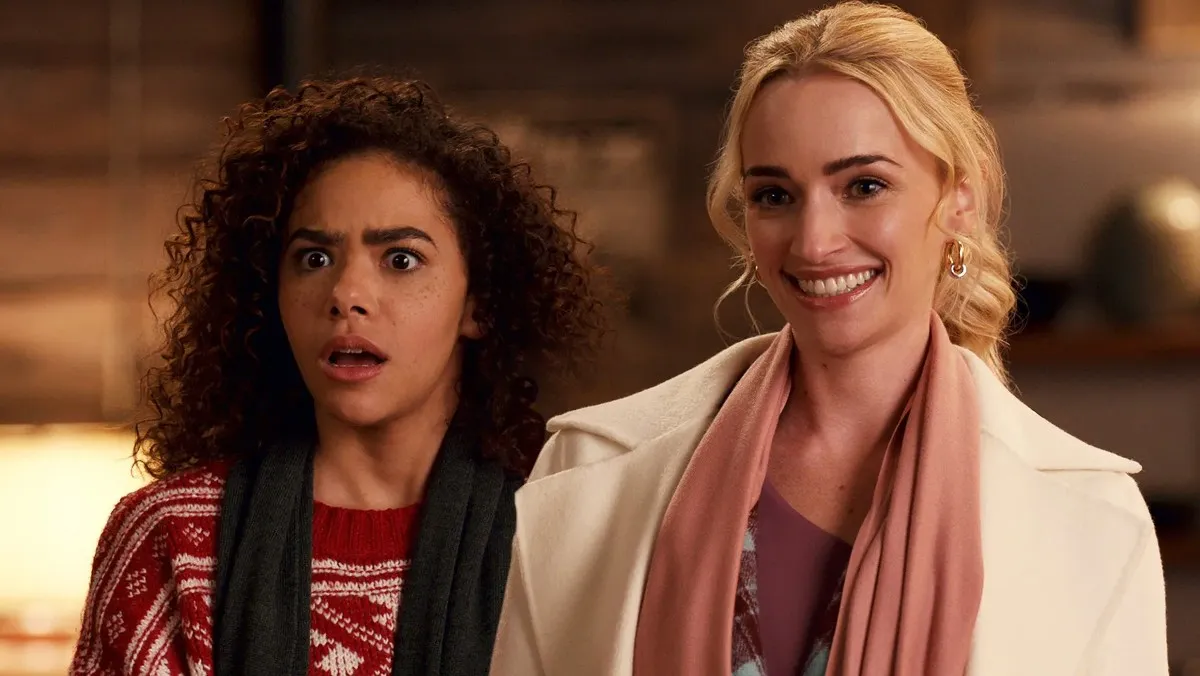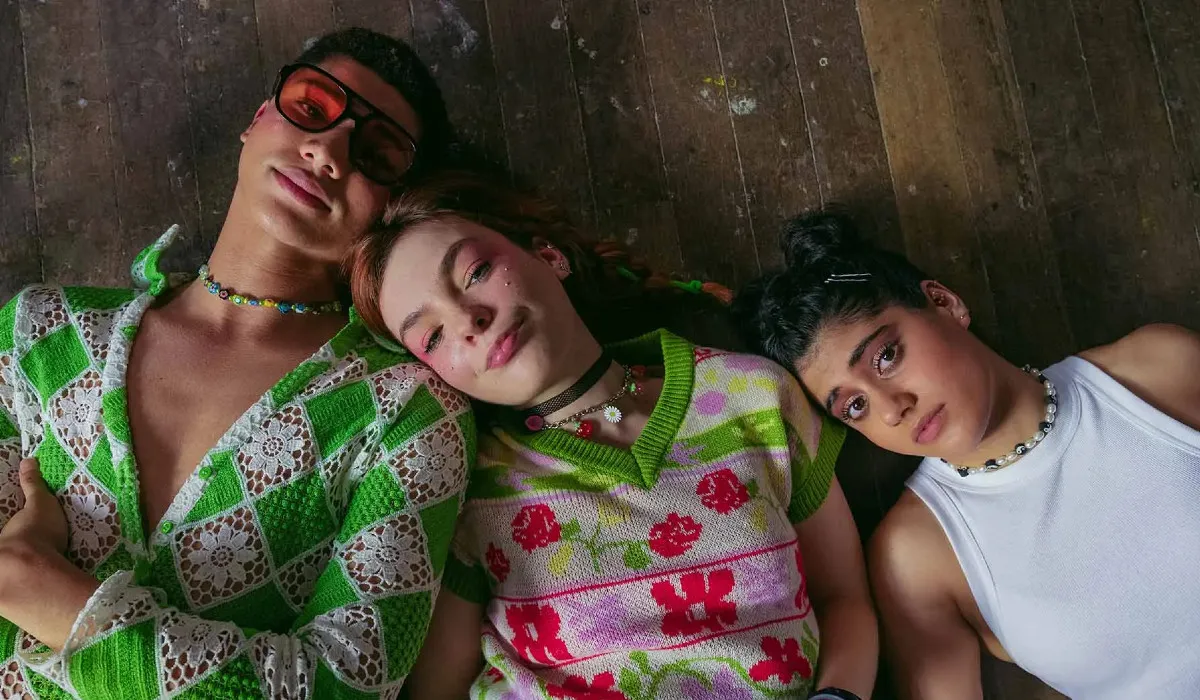If you love TV and film, you’ve heard about the possibility of an upcoming writers’ strike by the Writers’ Guild of America (WGA), which finally became official last night. Many of the narratives you’ve seen have likely been fearmonger-y nonsense that makes it seem like “unreasonable writers” are the problem.
Yesterday was May Day, a.k.a. International Workers’ Day. In the spirit of solidarity with laborers, here’s why this narrative is a flaming pile of capitalist garbage.
The Basic Details
- The WGA, the guild that covers most writers in entertainment, has a contract, the Minimum Basic Agreement (MBA), with the Alliance of Motion Picture and Television Producers (AMPTP), the trade association that negotiates virtually all industry-wide guild and union contracts on behalf of studios, production companies, and the corporations that bankroll them.
- The MBA needs to be re-negotiated every three years. The current contract expired yesterday, May 1, 2023. The WGA membership overwhelmingly authorized their leadership to call a strike if a deal isn’t reached when it was put to a vote last month. So, if the WGA and AMPTP didn’t reach a deal by 11:59PM Pacific last night, a strike could be called.
- Deadline Hollywood reported that talks between the WGA and the AMPTP ended last night as of 8pm without an agreement being reached.
- The WGA later officially called a strike.
- The WGA voted on and passed a “Pattern of Demands” that lists the writers’ priorities during this negotiation. You can find it at the WGA Contract 2023 website.
Writers are not the problem
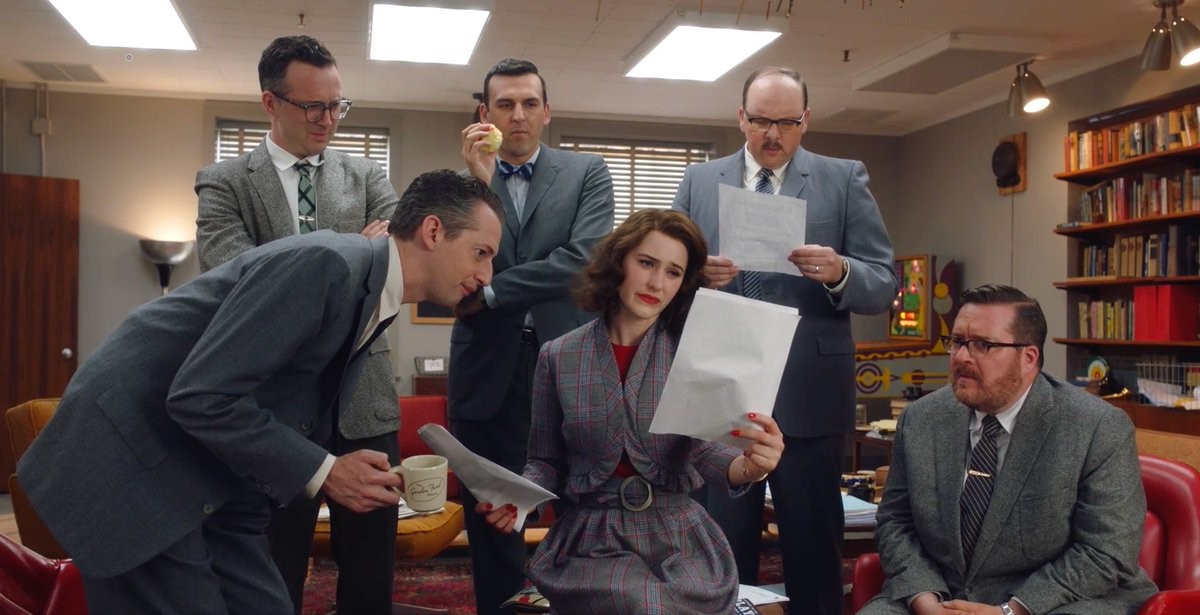
For the average person, or even to other laborers in the industry who aren’t writers, there is often an assumption that film and TV writers are already “rolling in money” simply for typing at a desk.
Whereas executives see the work film and TV crews do as clear-cut (production sound mixers record sound and dialogue, hair and make-up artists design and execute grooming for actors, etc), writers have historically been seen as expendable by studios, with executives not quite understanding or appreciating the full scope of what writers actually contribute.
Never mind that without their scripts, no one else would be employed. Or that without their deep knowledge of the story as a whole, giving them the ability to solve problems creatively while preserving quality, a studio might spend more money on a production than they need to.
The current MBA negotiation comes at a time when streaming has changed how TV and film is made, making it harder for writers to build a sustainable career.
According to the WGA bulletin, “Writers Are Not Keeping Up”:
“The companies have used the transition to streaming to cut writer pay and separate writing from production, worsening working conditions for series writers at all levels. On TV staffs, more writers are working at minimum regardless of experience, often for fewer weeks, or in mini-rooms, while showrunners are left without a writing staff to complete the season. And while series budgets have soared over the past decade, median writer-producer pay has fallen.”
Companies no longer pay for lower-level TV writers to support their showrunner during production of an episode they’ve written the way they used to. Those writers aren’t being trained to move up to showrunner level, and showrunners have to handle producing duties alone. More writers make less, there’s less career mobility, and there are fewer experienced showrunners, leading to burnout, abusive conditions, and other issues.
Writers willing to strike aren’t the problem. Corporate greed is.
Reading between the lines in coverage of the “looming strike”
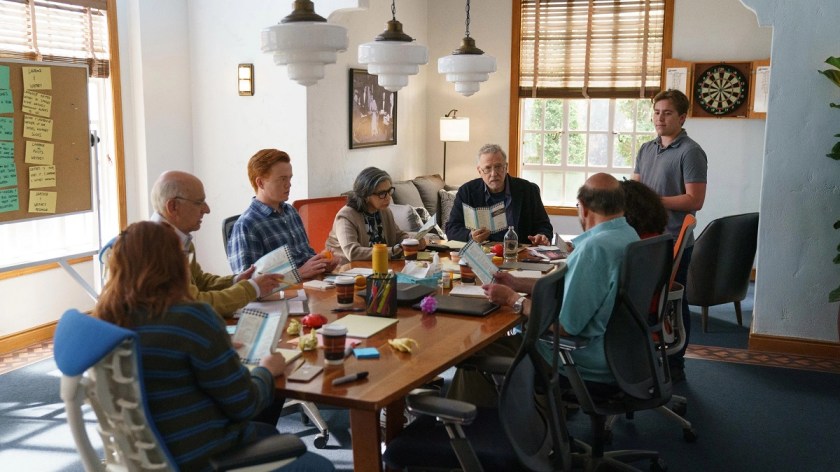
Yesterday, on the final day of negotiations, Deadline Hollywood posted a guest column written by film and TV makeup artist, Farah Bunch, who is herself a member of IATSE, the largest trade union representing film and TV craftspeople.
In it, Bunch expresses support for the WGA, but asks that IATSE members “be considered in the conversation” if they choose to strike. At first glance, this seems reasonable. If the strike moves forward tomorrow, it could potentially put people out of work industry-wide.
Yet, she’s asking for this consideration from the writers. From fellow laborers. She’s not asking the studios and companies to negotiate in good faith with the WGA so that a strike doesn’t happen. She’s putting the onus of a strike on her fellow workers, saying, “I believe what the writers are asking for is more than fair, but I know we will be the ones left in crippling debt after the smoke clears, with no celebration dance at the end for us.”
She then goes on to say, “WGA supported the IATSE strike that almost happened last year. However, in that strike, we weren’t fighting just for money. We were fighting for our lives.”
There it is. Writers are supposedly “fighting just for money.” All they want is money. Bunch asserts that IATSE was fighting for the well-being of its membership, while the WGA is … fighting for the greed of its membership? As if there aren’t other demands the writers are making for their deal? As if writers don’t also deal with long hours, workplace abuse, unsafe conditions, or discrimination? As if workers who do more physical labor are “more important” and deserving of support, despite the fact that writers also deal with harm to their physical and mental health at work?
Bunch is an example of how corporate manipulation can subtly turn workers against each other.
It makes sense that Deadline Hollywood would post an opinion piece like this, or articles with panicked headlines like, “WGA & AMPTP Set More Talks For Sunday As Strike Fears Grip Hollywood” or “Tensions Rise in Hollywood as Potential Writers’ Strike Hangs Over Productions”—headlines that focus on the damage striking writers will cause rather than on the damage already being done to writers by companies.
The Devil’s advocates
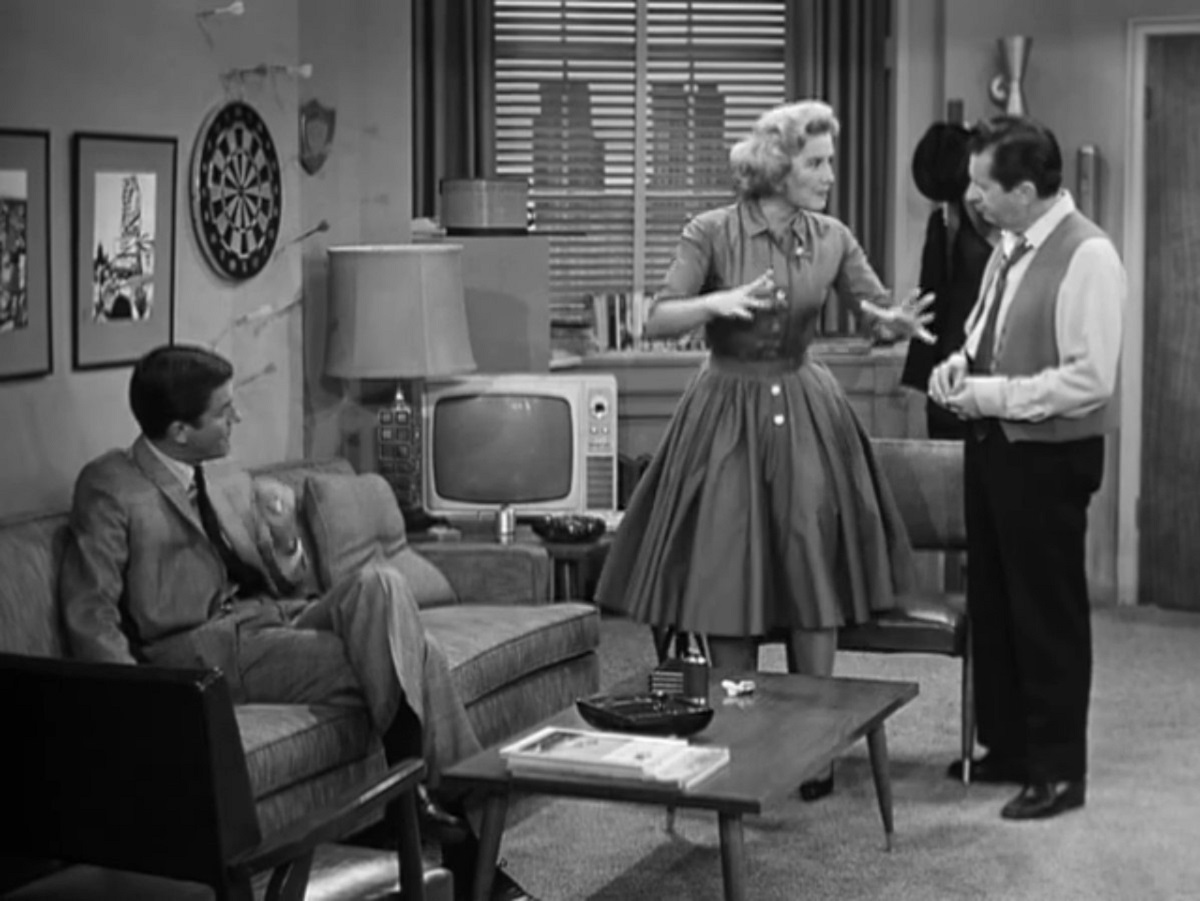
Deadline is owned by Penske Media Corporation, which also owns Variety, TV Line, Rolling Stone, The Hollywood Reporter, Billboard, and Gold Derby, among others.
Thanks to also owning Dick Clark Productions, Penske owns live industry events like the Golden Globe Awards, the American Country Music Awards, the American Music Awards, and the Latin AMAs. DC Productions is also responsible for shows like So You Think You Can Dance and other entertainment-related TV specials and shows.
In other words, Penske Media produces television and owns the biggest outlets reporting on television. Their bias in ensuring that the AMPTP pursues producers’ interests while remaining favorable in public opinion is clear, which is why so much of the coverage for the past few weeks, across their outlets, has led with how a strike would “hurt California’s economy,” or reported, “WGA Sends Out Strike Rules To Members As Potential Hollywood Labor Shutdown Looms.”
As if WGA members aren’t themselves labor, but the cause of other “real” Hollywood labor having to deal with a shutdown.
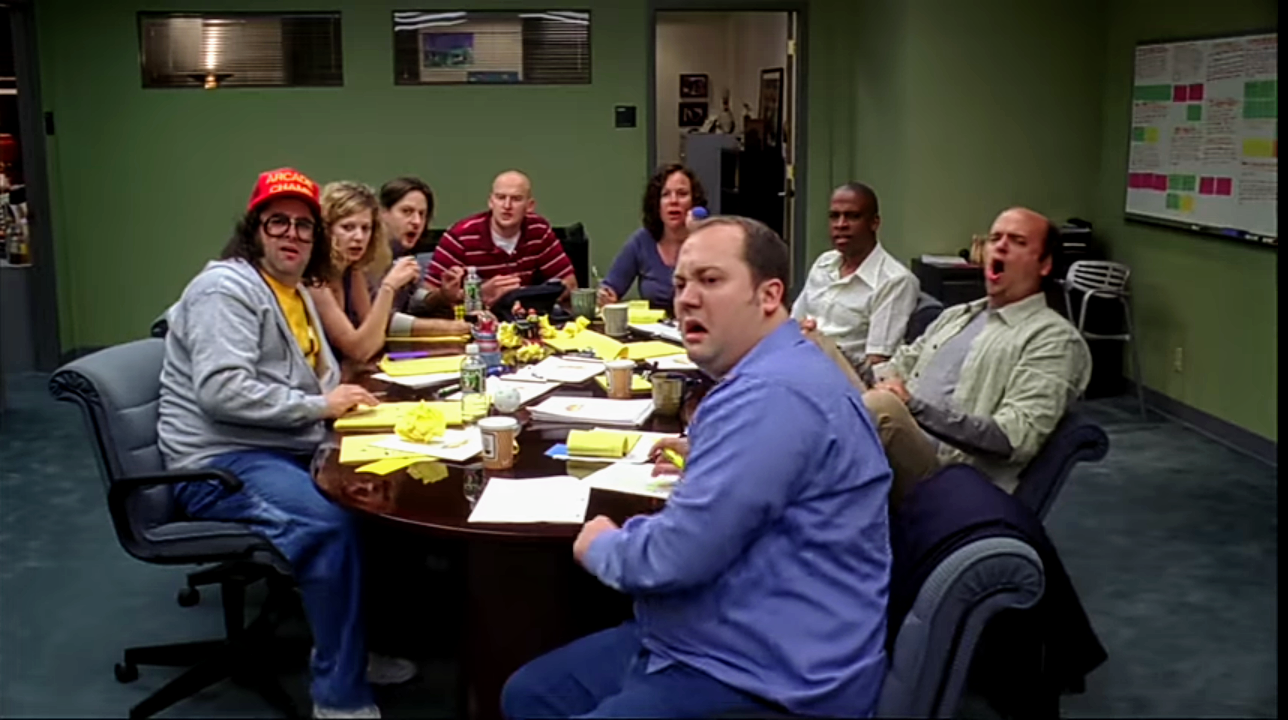
Solidarity!
It’s understandable that Hollywood laborers like Farah Bunch are fearful for their livelihoods. So are writers. Thankfully, the other major unions and guilds have shown solidarity with the WGA and are encouraging the same from their members:
- IATSE released a statement expressing support for the WGA if they strike. I myself am an IATSE member (I’ve worked in TV production), and I received an email from my Local* reminding us that IATSE’s agreements protect workers from being penalized for not crossing a picket line. While the “Employer is legally permitted to temporarily replace any employee who refuses to cross a picket line, […] the Employer may not discharge employees for honoring a picket line except for compelling business reasons (i.e. the show’s season has ended).”
- The Directors’ Guild of America also released a statement of solidarity, saying, “[A]ll the creative talent, artisans, craftspeople, and workers who make the films and television shows that drive our industry deserve to earn a stable living and share in the success we build together.”
- SAG-AFTRA, the actors’ union, also stand with the WGA. However, they have a “no-strike” clause in their agreement that forbids actors from honoring picket lines. However, actors are encouraged to show support: “SAG-AFTRA encourages you to walk any picket lines that have been set up by the WGA to show your solidarity. To avoid the risk of termination or lawsuits from employers, this should be done ‘off the clock’ and not during work time.”
Writers work on a freelance basis, and a majority of the writers in the WGA aren’t showrunners with multi-year contracts. They’re seasonal freelancers cobbling together a career, one show or film at a time, and they’re at the mercy of companies that continually devalue what they do despite the value they provide.
Corporations will continue trying to make you forget that writers are workers, and that studios and corporations have made billions off of their ideas and talent. Don’t let them.
*Please note that this quote was specific to the IATSE local I’m in, which may differ from info other locals received.
(featured image: WGA)



